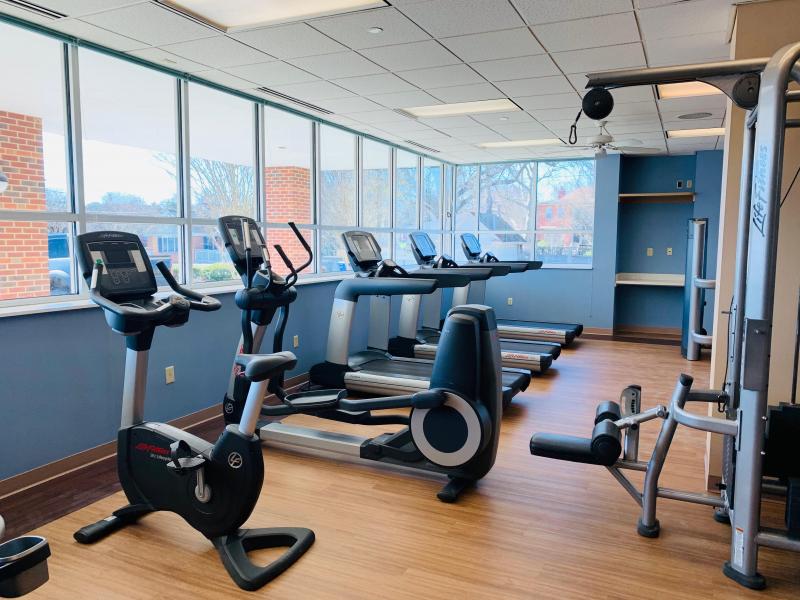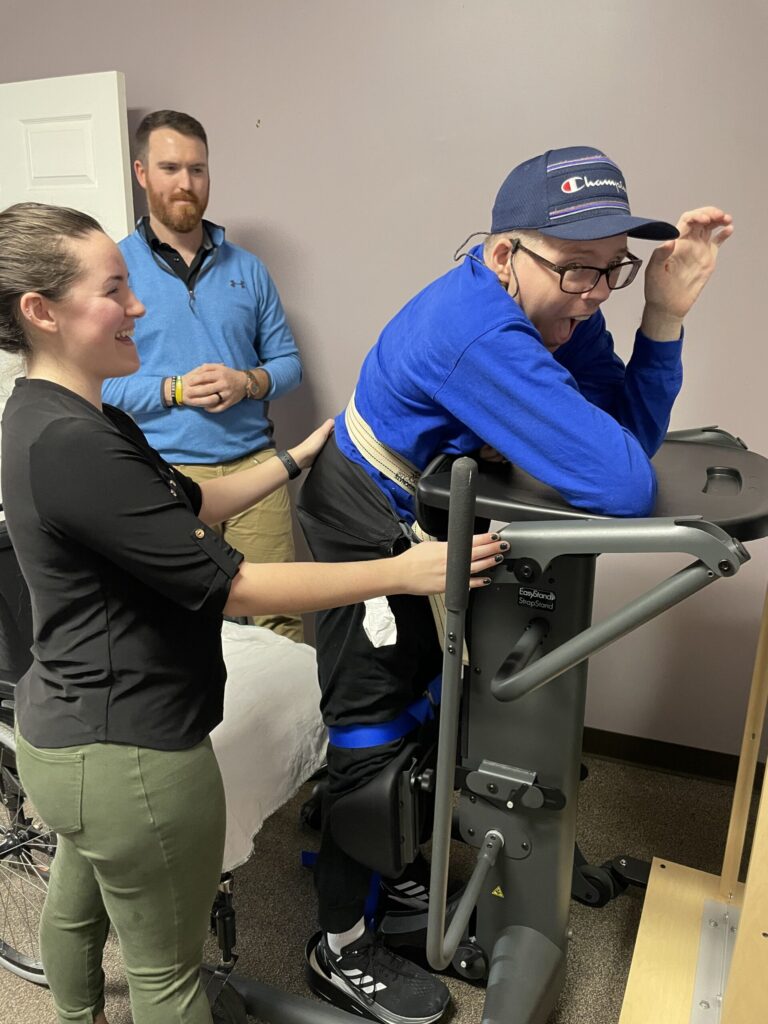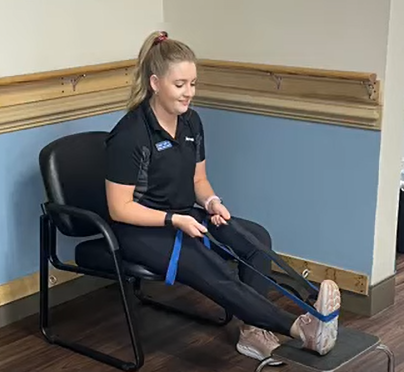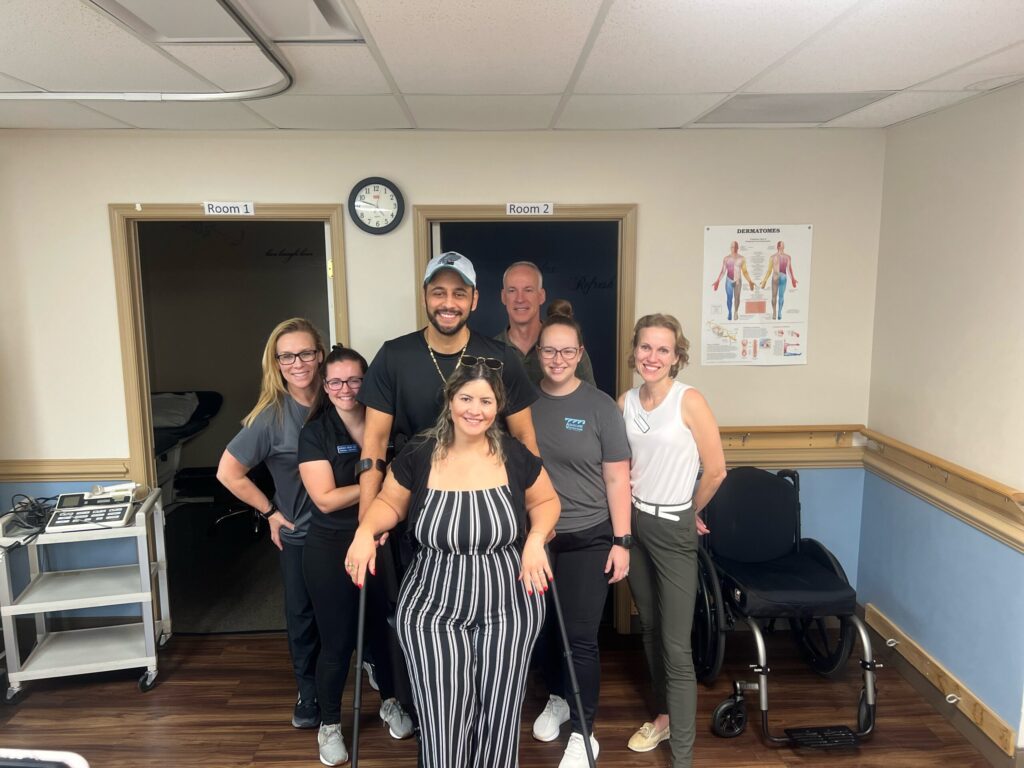
Preparing for Your Visit with Your Physical Therapist

The physical therapists at Aquacare Physical Therapy are highly educated, licensed healthcare professionals who will help you to improve or restore mobility, and in many cases help you to reduce your pain, and hopefully avoid the need for surgery and the long-term use of prescription medications and their side effects. Your physical therapist’s overall goal will be to maintain, restore, or improve your mobility and help reduce your pain.
Whether this is your first visit or you’ve been treated by a physical therapist in the past, there are things you can do to make your visit as successful as possible.
Before Your Visit:
Make a list of any questions that you have, to make the best use of your time with your physical therapist.
Write down any symptoms you’ve been having and for how long. For example, is your pain or symptom:
- Better or worse with certain activities or movements or with certain positions, such as sitting or standing?
- More noticeable at certain times of the day?
- Relieved or made worse by resting?
Bring with you key information about your medical history.
For example:
- Make a list of all prescription and over-the-counter medications, vitamins, and supplements that you are taking.
- Provide a list of previous or pertinent medical conditions
- If available, bring any lab, diagnostic, or medical reports from other health care professionals that may be related to your medical history or who have treated you for your current condition.
- Bring a list of the names of your physician and other health care professionals that you would like your physical therapist to contact regarding your evaluation and your progress.
What to Wear:
Bring with you comfortable clothing for your evaluation. Although aquatic therapy may be prescribed for your condition, you will not get into the pool for your first visit. For future aquatic visits, keep in mind that you don’t have to wear a bathing suit. If you are more comfortable, you may wear a dark t-shirt and shorts. If you have valuables, you can bring a lock with you as we have lockers.
Financial Considerations
- A financial policy will be provided to you prior to starting care. Be sure to ask questions if anything is unclear. Applicable deductibles and copayments will be requested prior to each appointment. It is important to pay the proper amounts at the time of service. This will help you to better manage your health care costs and avoid a large bill at the end of care.
- If the frequency of visits needs to be adjusted for financial reasons, discuss this directly with your physical therapist. In partnership with your therapist, you can explore alternatives and develop a workable plan.
- If you change insurance plans or lose insurance coverage for any reason, be sure to inform your therapist as well as the clinic’s front office staff.
- It is expected that you make it a top priority to attend your visits in order for you to achieve a successful outcome from therapy. If you do need to cancel an appointment, we expect you to provide us with a 24 hour notice. We do charge a $25 fee, if you do not show for an appointment, or you cancel within 24 hours of your appointment.
What to Expect During Your First Visit:
Your physical therapist will begin by asking you lots of questions about your health and about the specific condition for which you are seeing the physical therapist. Detailed information about you and your condition will help the physical therapist determine whether you are likely to benefit from physical therapy and which treatments are most likely to help you.
Your physical therapist will perform a detailed examination. Depending on your symptoms and condition, the physical therapist might evaluate your strength, flexibility, balance, coordination, movement and posture. Your physical therapist might use his or her hands to examine or “palpate” the affected area or to perform a detailed examination of the mobility of your joints, muscles, and other tissues.
Your physical therapist will work with you to determine your goals for physical therapy and will begin to develop a plan for your treatment.
One of the main goals of treatment is almost always to improve or maintain your ability to do your daily tasks and activities. To reach this goal, the physical therapist may need to focus on pain, swelling, weakness, or limited motion. Your physical therapist will constantly assess your response to each treatment and will make adjustments as needed.
In most cases, an important aspect of your physical therapy treatment will be education. Your physical therapist might teach you special exercises to do at home. You might learn new and different ways to perform your activities at work and home. These new techniques can help minimize pain, lessen strain, avoid re-injury, and speed your recovery.
Your physical therapist will continually recheck your progress and work with you to plan for your discharge from physical therapy when you are ready. Make sure you talk with your physical therapist about what you should do after discharge if you have questions, or if your symptoms or condition worsen.
Keeping Your Appointments
- Arrive for treatment sessions at the scheduled time or a few minutes early so you are prepared. Late arrival may affect not only your 1-on-1 time with the therapist, but that of other patients in the clinic. If you are scheduled for the pool, it is expected that you are dressed and ready to enter the pool for your scheduled time.
- Actively participate in the discussion to determine visit frequency and work in partnership with the physical therapist to achieve your treatment goals. A treatment contract will be signed between you and your therapist as an agreement to the prescribed treatment, frequency and duration.
- Show up for appointments. Failure to show for an appointment and not calling to cancel the visit may result in a fee and is disruptive to the physical therapist’s schedule. If an emergency prevents you from attending, try to provide adequate notice. Please review cancellation policy prior to the start of treatment.
- If you plan to discontinue therapy or change the frequency of treatment because of personal or financial considerations, discuss this with your physical therapist.
You will get out of therapy what you put into it. Sufficient effort, as agreed between you and the physical therapist, is necessary to maximize benefit from each treatment session.
A home exercise program will be given to you by your therapist. Your ongoing performance and commitment to the home program is essential to your recovery. You will also have the opportunity to receive your home exercise program through email. We also have an interactive Smartphone application that you can download to view your exercises.
After your physical therapy care is completed, continue to follow the after-care instructions provided by the physical therapist.







































